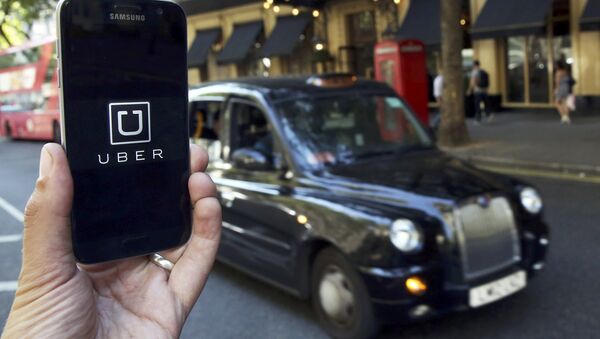The company has launched a website called Uber Movement, primarily intended for city planning authorities, who will be able to use the data to analyze how public events, roadblocks and other factors influence public transport in urban environments.
The anonymized data will be represented as an interactive map and the statistics will be gleaned from GPS devices installed in every Uber car. Currently, the website only provides data for Washington DC, Sydney, Boston and Manila, but more cities are expected to be added.
Uber currently shares nonpublic data with California and Boston authorities, only providing zip codes for the start and end point of every trip. It was not until the company was fined by city authorities that it agreed to provide even this information.
Uber is currently in the middle of a fight with the city of New York over the city official's demand for drop-off times and other details, data that could reveal excessive work hours and lead to calls for unionization. According to Allan Fromberg, deputy commissioner at New York's Taxi and Limousine Commission, extra data are currently required from standard Yellow Cab taxis and is crucial to ensure that drivers are complying with legal guidelines.
"We can use that [data] to help us in client safety […] and for enforcement, for policymaking," Fromberg said, according to the Financial Times. "For us to efficiently prosecute violations, we imagine it is a stage of data that we'd like, and we'd like it to be empirically verifiable."
Data sharing is crucial for taxi drivers and transportation companies, and Uber's new website could influence the company's impact in a controversial way, even to harming Uber's bottom line, if expectations in new markets are not met.



